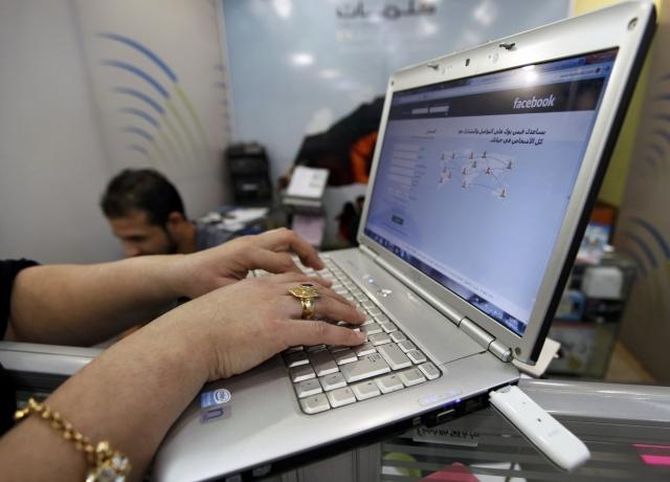
IT industry body Nasscom on Monday opposed Airtel Zero and Free Basics type platforms which it feels violate net neutrality principles by differentiating Internet access for certain types of services.
"We at Nasscom oppose any model where telecom service providers have a say or discretion in choosing a content that is made available at favourable rates or speeds etc," National Association of Software and Services Companies President R Chandrashekhar said on Monday.
He further said that Nasscom has submitted its views before regulator Trai requesting not to allow operators price different kinds of services differently such as hire prices for video streaming, accessing e-commerce websites thereby segmenting the internet.
". . . any such differential pricing by TSPs either directly like in the case of Airtel Zero or indirectly as in the case of Free Basics through a platform provider with
limited access to the websites or internet, which are selected by the TSP or by the partner, violate criteria of net neutrality that we have outlined," Chandrashekhar said.
The Telecom Regulatory Authority of India has invited comments from public till January 7 on its paper on differential data pricing -- a key aspect of the raging debate on net neutrality.
A debate on net neutrality stirred across the country after Airtel decided to charge separately for Internet-based calls but withdrew it later after people protested.
Internet activists and experts flayed the operator for 'Airtel Zero' service along with Facebook's Internet.org service, now Free Basics.
Trai's paper mentions some plans which amount to differential tariffs of the telecom service provider who offer zero or discounted tariffs to certain contents of some websites, applications or platforms.
Facebook has been aggressively campaigning to support Free Basics service as it fears that platform may be banned in India. Facebook has tied up with Reliance Communications to offer the free Internet platform to its customers.
Earlier, Trai asked RCom to keep services of Facebook's free Internet platform, Free Basics, in abeyance, till the issue on differential pricing is sorted out.
Chandrashekhar said that Nasscom has highlighted additional dangers that are posed by TSP or by its partner having near monopolistic access to vast amount of data based on this differential pricing.
"It is also critical that such differential pricing should not become a tool that facilitates market dominance or enables anti-competitive behavior by either TSP or platform provider or result in direct or indirect commercial benefit, including by leveraging the value of customer data that gets generated in the process," Chandrashekhar said.
He said that this is a concern particularly in the Indian context, wherein the absence of a privacy law enables widespread abuse or misuse of such information for commercial gain.
Asked about his views on Facebook claiming that Free Basics access is open for all and any website or application can join it by following technical parameters laid by it,
Chandrashekhar said that technical standards are being set by a company which also has right to change it at any point of time in future.
Nasscom, however, has supported differential pricing for services that are of public interest and including services like billing and other customer services.
Chandrashekhar said that Nasscom realises that there is low internet penetration in India and there are challenges related development of locally relevant contents, power etc.
"It is, therefore, important that the regulator should have the power to allow differential pricing for certain types of services that are deemed to be in public interest and based on mandatory prior approvals," Chandrashekhar said.
He added that any such programs should abide by the principles of net neutrality and not constrain innovation in any way.
The image is used for representational purpose only. Photograph: Reuters










